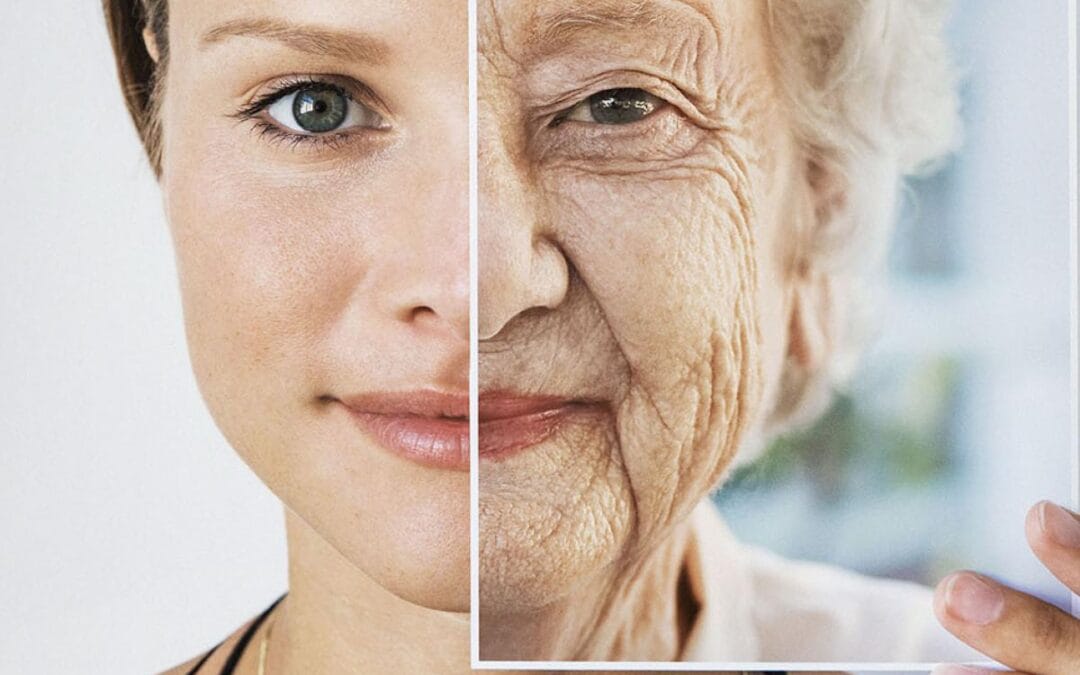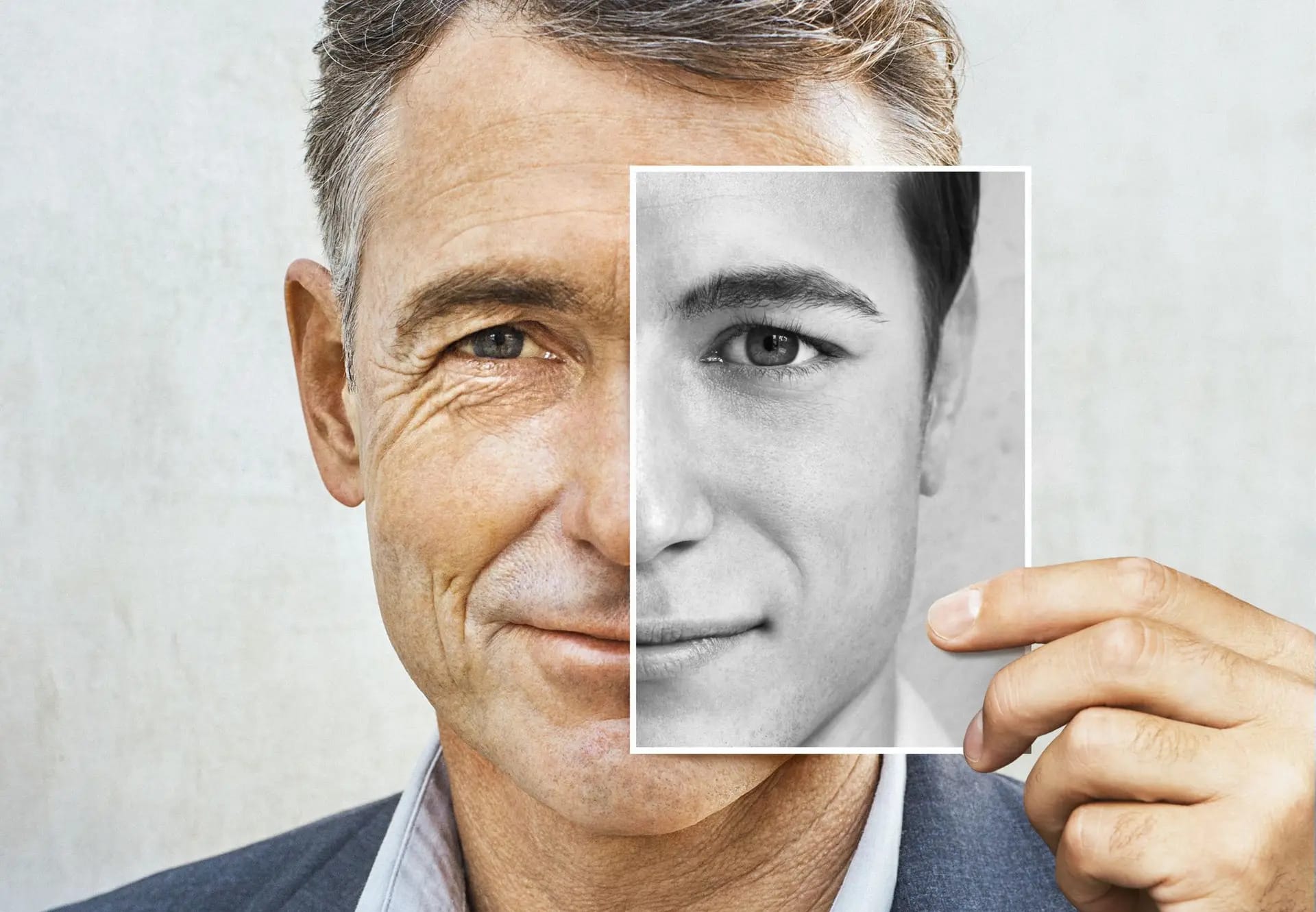Exploring the Dynamics of POIS Over Time
Does POIS Improve or Deteriorate with Age?
Aging brings many changes to the body, but how does it impact those with Post-Orgasmic Illness Syndrome (POIS)? This article explores whether the condition improves, worsens, or remains the same over time, examining the factors that may influence its progression, including hormonal shifts, immune system changes, and lifestyle adaptations.
Introduction
Post-Orgasmic Illness Syndrome (POIS) is a rare condition characterized by flu-like symptoms, cognitive dysfunction, and extreme fatigue following ejaculation. For those affected, these symptoms can be both debilitating and distressing. As time progresses, many people wonder whether POIS gets better or worse with age. Like many chronic conditions, the severity and frequency of symptoms may be influenced by age-related factors such as changes in hormone levels, immune function, and overall health. This article will explore whether POIS symptoms diminish, worsen, or remain stable as individuals grow older and what lifestyle factors may help manage the condition.
The Body’s Natural Changes with Age
As the human body ages, several changes occur that can affect how individuals experience chronic conditions, including POIS. Understanding these changes can provide insight into whether POIS may improve or worsen with time.
1.Hormonal Shifts:
-
- Men: For men, testosterone levels naturally decline with age. Since POIS is often associated with ejaculation, there may be some speculation that decreased sexual activity could lessen the frequency of POIS episodes. However, testosterone also plays a role in energy, mood, and cognitive function, which could complicate how POIS symptoms are experienced.
- Women: Although POIS is less commonly reported in women, hormonal changes during menopause—particularly the decrease in estrogen and progesterone—can affect energy levels and mood, which may impact how POIS symptoms are felt.
2.Immune System Changes:
-
- With age, the immune system weakens, a process known as immunosenescence. For individuals with POIS, this may have two potential effects: on one hand, the body’s inflammatory response could be reduced, potentially leading to less severe POIS episodes. On the other hand, a weaker immune system might make it more difficult to recover from the flu-like symptoms associated with POIS.
3.Neurological Function:
-
- Cognitive function often declines as people age, and since POIS symptoms include brain fog and difficulty concentrating, these issues may become more pronounced with age. For older adults, maintaining mental clarity and managing cognitive dysfunction might become a greater challenge, exacerbating some POIS-related symptoms.
Does POIS Improve with Age?
There is little research specifically addressing whether POIS improves with age, but anecdotal evidence from patients suggests that it can vary greatly from person to person. Some individuals report a decrease in the severity of their symptoms as they age, possibly due to a decline in sexual activity or adjustments to lifestyle. For these people, the body may adapt to the condition, and they may find ways to better manage their symptoms over time.
Additionally, as people age, they often adopt more stable routines, improve their stress management, and prioritize self-care, all of which may help mitigate POIS symptom.
Does POIS Get Worse with Age?
For some, however, POIS may become worse with age. As the body undergoes natural aging processes, the immune and neurological systems may become less effective at recovering from POIS episodes, leading to longer-lasting symptoms. Declining energy levels, increased fatigue, and cognitive difficulties could also worsen the overall experience of POIS.
Moreover, as chronic conditions like cardiovascular disease or diabetes become more common with age, the body’s ability to handle the additional burden of POIS symptoms might decline. This is particularly true for those whose POIS symptoms already involve inflammation, fatigue, and immune dysfunction.
Factors That May Affect POIS Progression
Several factors could influence whether POIS gets better or worse with age. These include:
-
Lifestyle Changes: Regular exercise, a balanced diet, and proper stress management can all contribute to better overall health and potentially lessen the impact of POIS symptoms. On the other hand, an unhealthy lifestyle could exacerbate symptoms over time.
-
Health Conditions: As people age, they are more likely to develop other health conditions such as diabetes, high blood pressure, or autoimmune diseases. These conditions can compound POIS symptoms and make it more difficult to manage.
-
Sexual Activity: A reduction in sexual activity with age may reduce the frequency of POIS episodes for some individuals, though it won’t necessarily eliminate the condition. The hormonal changes associated with aging may also play a role in this.
-
Psychological Factors: Mental health conditions like anxiety or depression, which often worsen with age, could potentially exacerbate POIS symptoms. Managing mental health alongside POIS is critical for overall well-being.
Factors That May Affect POIS Progression
While aging is inevitable, there are several strategies that can help individuals manage their POIS symptoms more effectively over time:
1. Regular Physical Activity:
Exercise can boost energy levels, improve mood, and support the immune system. Light activities like walking, swimming, or yoga can help reduce the severity of POIS symptoms and improve recovery time.
2. Mindfulness and Relaxation Techniques:
Practices like meditation, deep breathing, or progressive muscle relaxation can help reduce stress and anxiety, which are often associated with POIS. Managing stress can be an essential factor in minimizing symptom severity.
3. Healthy Diet and Supplements:
Eating a balanced diet rich in anti-inflammatory foods (like fruits, vegetables, and omega-3 fatty acids) can help the body cope with inflammation. Supplements such as vitamin D, magnesium, and ashwagandha may also provide relief for symptoms like fatigue or brain fog.
4. Rest and Recovery:
It’s important to allow time for proper rest and recovery after experiencing POIS symptoms. Sleep plays a vital role in the body’s healing process, so prioritizing good sleep hygiene can help mitigate long-term effects.
5. Mental Health Support:
Counseling or therapy can help individuals manage the emotional toll that POIS takes on their lives. As aging can sometimes bring additional psychological stressors, mental health care becomes even more important.
Common Questions About POIS and Aging
Post-Orgasmic Illness Syndrome (POIS) can present unique challenges as individuals age. Understanding these changes is crucial for effective management.
Does POIS severity change with age?
The answer varies depending on the individual and the unique changes their body undergoes as they grow older. While some people may find that their symptoms become less frequent or severe over time, others may experience worsening symptoms due to age-related changes in hormone levels, immune function, and overall health.
Can lifestyle adjustments help manage POIS in older age?
Yes, lifestyle changes such as diet, exercise, and stress management can play a significant role in managing POIS symptoms as one ages.
Are there specific treatments for older adults with POIS?
Treatment options remain similar, but older adults may benefit from a tailored approach considering other age-related health factors.
How can community support benefit aging individuals with POIS?
Engaging with a supportive community can provide emotional support, shared experiences, and practical advice, which are beneficial as one ages with POIS.
What research is being done on POIS and aging?
Ongoing research aims to better understand the impact of aging on POIS, focusing on symptom progression and effective management strategies.
How can I stay informed about POIS developments?
Joining community groups, subscribing to newsletters, and following reputable sources can help you stay updated on the latest POIS research and management tips.

